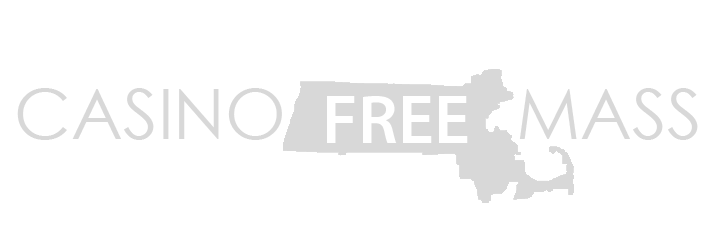
|

|
ALCOHOL AND GAMBLING |
|
ALCOHOL AND GAMBLING ARE NOT THE SAMEAnd comparisons neglect profound differences Drinking a glass of wine or a can of beer is fundamentally different than playing a slot machine or buying a $20 lottery scratch ticket:1) Government does not have a vested interest in how much alcohol citizens drink but government does have a vested interest against its own people when it acts as the “house” in a gambling operation. Citizens need to lose for government to win. We are betting against ourselves. 2) No sip of a Miller Lite has ever offered the false promise of a "life-changing jackpot" or even the lure of paying the bills at the end of the month. 3) While alcohol can be habit-forming, no one has ever compared the potency of its high or the speed at which it addicts people to cocaine – like it has been proven with an intense gambling experience. 4) More than one out of five Americans don't think the best way to achieve long-term financial security is to drink Budweiser like they do with the lottery. 5) You can't drink the amount of your paycheck. You can lose not only your paycheck at a casino but you can lose your house as well. The Mass Teachers Association lost $800,000 because one person on its staff had a gambling problem. 6) When you get behind in gambling, you always think you can get it back. You think, 'I can't possibly lose forever” which leads you to chase the money you’ve already lost. You may drink way too much but you never thought alcohol was going to be a solution to your problems. Nor do you "chase" in drinking alcohol like you do with gambling. 7) The guy that owns my local bar room or the package store on the corner is not a billionaire, unlike many casino owners. 8) Most tellingly of all, the vineyard owner drinks his own wine. Jim Koch drinks Sam Adams beer. Most predatory gambling operators don't gamble. Disputing the "Prohibition didn't work" argument:The policy failure of alcohol prohibition is often held up by gambling operators to rationalize expanding government’s partnership with gambling. While the prohibition of alcohol may have been a failed policy, commercial gambling was successfully criminalized nearly everywhere in the United States for most of the 20th century. But what about this so-called "freedom to gamble" argument? Is it the government's job to prohibit whether people want to gamble? While citizens have every right to engage in a destructive obsession, the government has no business encouraging them. Government, in this case, is not merely permitting private, consensual behavior. It is granting monopolies and awarding regulatory advantages to favored firms. There are also some who argue that the amount of illegal gambling will go down if government gets into the gambling business. Whether it is lotteries, casinos or internet gambling, there is no evidence from any jurisdiction that illegal gambling has gone down after legalizing commercial gambling. Actually, gambling is more like smokingAmericans have long recognized that smoking is harmful, and over the years legislatures have taken steps to limit it in public places. The product is heavily taxed, directly affecting the smoker's consumer behavior. The result is that less people smoke, and less people are exposed to second hand smoke. However, with gambling, we recognize that's it's harmful… yet legislatures justify expanding it across the state so as many people as possible can participate. And just for good measure, they also lift the smoking bans in casinos. (And serve free drinks.) The casino operator is heavily taxed, which does nothing to change the gambler's consumer behavior - but does make the government and the casino stakeholders in each others success - concessions to the casino, higher or maintained revenue to the state. And so gambling is more like smoking - if government were encouraging tobacco use and dependent on its success. The Public Health Advocacy Institute has recognized the similarities between tobacco and casino gambling, and not only supports Repeal the Casino Deal, but also the signed on the appeal pending before the Massachusetts Supreme Judicial Court seeking to reverse a decision of the attorney general and get a question certified for inclusion on the 2014 ballot to repeal a law legalizing casino gambling in Massachusetts. The SJC ruled that the ballot initiative could go forward. Legalized casino gambling causes devastating effects on the public's health, including not only the gambler but also their families, neighbors, communities and others with whom they interact. Massachusetts voters should not be denied the opportunity to be heard directly on the question of whether to invite a predatory and toxic industry to do business in the Commonwealth. The harm caused by the tobacco industrys products has been the archetype of a commercial threat to public health, and in considering the introduction of gambling industry casinos into Massachusetts, much can be learned from the object lesson of considering the tobacco industry as a disease vector. The predatory gambling industry shares much in common with the tobacco industry. Some examples of the similarities are:
The brief declares that the voters of the Commonwealth should be allowed to act on their own behalf in expressing an opinion of this type of predatory behavior. The power of the citizen ballot initiative is the ultimate in personal responsibility, agency and self-determination. Therefore, PHAI asks the court to compel the attorney general to certify the Plaintiffs’/Appellants’ petition and allow the repeal measure to be included on the 2014 ballot. The full brief can be downloaded here. |
|